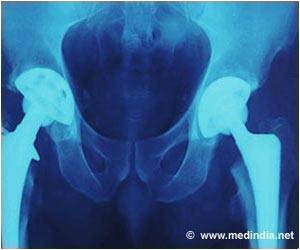Psychological traits such as distinct optimism, stubbornness, and bond with family, religion, and land were found to common among Italians who were elderly.

‘The unique features associated with the better mental health of the rural elderly population were positivism, work ethic, stubbornness and a strong bond with family, religion, and land.’





"The main themes that emerged from our study, and appear to be the unique features associated with the better mental health of this rural population, were positivity, work ethic, stubbornness and a strong bond with family, religion, and land."There were 29 study participants from nine villages in the Cilento region of southern Italy. The researchers used quantitative rating scales for assessing mental and physical health, as well as qualitative interviews to gather personal narratives of the participants, including topics such as migrations, traumatic events, and beliefs.
Their children or other younger family members were also given the same rating scales and additionally asked to describe their impressions about the personality traits of their older relatives.
"The group’s love of their land is a common theme and gives them a purpose in life. Most of them are still working in their homes and on the land. They think, ’This is my life, and I’m not going to give it up,’" said Anna Scelzo, first author of the study with the Department of Mental Health and Substance Abuse in Chiavarese, Italy.
Interview responses also suggested that the participants had considerable self-confidence and decision-making skills.
Advertisement
Some direct quotes from the study’s interviews include:
- "I lost my beloved wife only a month ago, and I am very sad for this. We were married for 70 years. I was close to her during all of her illness, and I have felt very empty after her loss. But thanks to my sons, I am now recovering and feeling much better. I have four children, ten grandchildren, and nine great-grandchildren. I have fought all my life, and I am always ready for changes. I think changes bring life and give chances to grow."
- "I am always thinking for the best. There is always a solution in life. This is what my father has taught me: to always face difficulties and hope for the best."
- "I am always active. I do not know what stress is. Life is what it is and must be faced ... always."
- "If I have to say, I feel younger now than when I was young."
Advertisement
"Studying the strategies of exceptionally long-lived and lived-well individuals, who not just survive but also thrive and flourish, enhances our understanding of health and functional capacities in all age groups," said Jeste.
Source-Eurekalert










